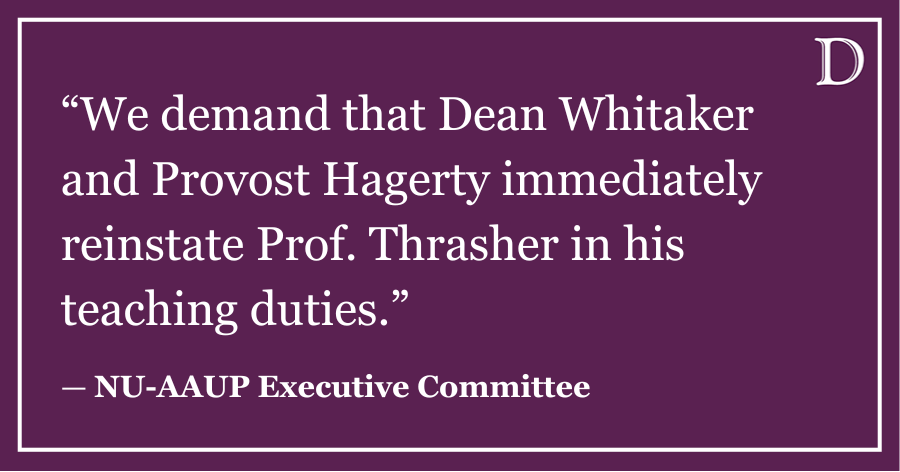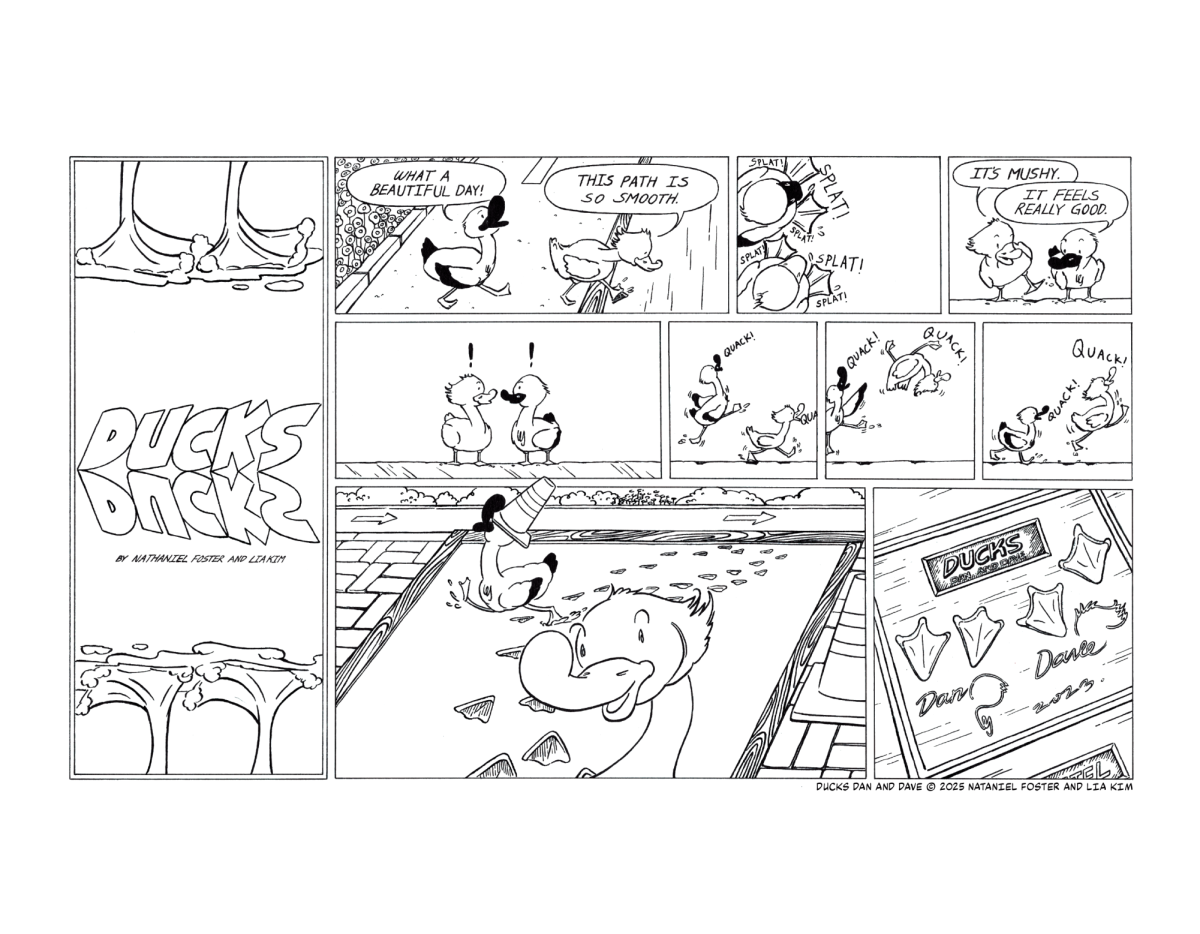Earlier this month, Northwestern researchers published a study suggesting that bisexuality indeed exists in males, a ground-breaking turn-around from earlier studies. The data shows evidence that men who self-identified as bisexual were aroused by sexual videos of both males and females in the lab, which is the “first clear evidence of bisexual men showing
uniquely bisexual arousal patterns in the laboratory,” according NU researcher Adam Safron.
The data was published in the scientific journal Biological Psychology and reported in the New York Times in addition to other national publications. The Daily believes NU should celebrate not only the prominence of the study, but the substance of the research, which it hopes will generate productive and open conversation about sexuality.
The research sheds light on an issue not yet widely addressed by society or the NU community, and legitimizes an identity with which many NU students struggle. The LGBT Resource Center and its social group Bi-Plus provide a safe space for discussion and exploration of bisexuality, but even members of the community feel that they are often not taken seriously. The study’s findings are changing this – Medill junior Chris Garcia told The Daily in yesterday’s article that the findings prove to everyone else that he exists.
In addition to the strides in bisexuality research, NU continues to delve deeper into the study of sexuality. Researchers published a study about a drop in testosterone levels exhibited in males who spend a lot of time caring for children. The data of that study was also featured in several national publications. Sociology professor Hector Carillo is currently investigating men who identify as heterosexual but seek homosexual relations online.
At a time when the future of sex education at NU remains in the balance, it is encouraging to see research about sexuality is continuing. The Daily hopes the NU community uses the recent studies as the impetus for fruitful conversation about our notions of sexuality. The pioneering nature of the research helps set the precedent for progressive and open dialogue on sexuality.






